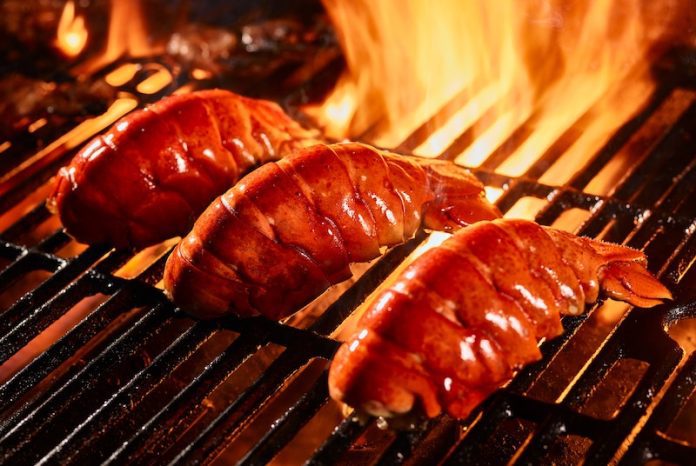
Gout can be incredibly painful. If you’ve ever woken up in the middle of the night with a throbbing big toe, you know exactly what I’m talking about.
But did you know that the foods you eat could be contributing to these painful flare-ups? Here’s a closer look at what gout is and which foods you might want to avoid if you’re suffering from it.
What Is Gout?
Gout is a type of arthritis that usually affects the big toe, but it can also impact other joints like your knees, wrists, and elbows.
It happens when uric acid—a waste product your body makes—builds up in your blood and forms crystals in your joints. These crystals cause the sharp, stabbing pain gout is infamous for.
For many years, doctors have known that diet plays a role in managing gout. Uric acid comes from the breakdown of substances in foods called “purines.”
So, it makes sense that eating foods high in purines can lead to more uric acid, and consequently, more gout attacks.
Foods That Trigger Gout
Research supports the idea that certain foods can trigger gout. A study published in the “New England Journal of Medicine” found that people who ate a diet high in meat and seafood were more likely to develop gout.
Another study in the “American Journal of Medicine” showed that consuming sugary drinks and fructose can also increase uric acid levels.
Here’s a list of foods you should consider avoiding or limiting:
Red Meat: Think twice before you indulge in that juicy steak. Red meats like beef, lamb, and pork are rich in purines.
Seafood: Some types of fish like tuna, sardines, and anchovies are also high in purines.
Alcohol: Beer and liquors like whiskey and rum can shoot your uric acid levels through the roof.
Sugary Foods and Drinks: Surprisingly, foods high in sugar can also lead to gout. Avoid sugary cereals, pastries, and sodas.
Processed Foods: Snacks, frozen dinners, and other processed foods often contain ingredients that can exacerbate gout.
Organ Meats: Also known as “offal,” these include liver, kidneys, and other animal organs rich in purines.
Managing Gout Through Diet
The good news is, avoiding these foods can make a real difference. A study in the “Journal of Clinical Rheumatology” found that people who followed a gout-friendly diet had fewer flare-ups.
If you’re dealing with gout, consider shifting towards a diet rich in fruits, vegetables, and whole grains.
Some people find relief by eating cherries or drinking cherry juice, although the scientific evidence on this is mixed. Also, drink plenty of water to help flush out the uric acid from your system.
The bottom line? Food can play a big role in how often and how badly you get gout attacks. If you think certain foods are triggering your gout, see a healthcare provider for personalized advice.
And remember, while diet is important, medication is often needed to manage gout effectively. Always consult with a healthcare provider for a comprehensive treatment plan.
Follow us on Twitter for more articles about this topic.
Copyright © 2023 Scientific Diet. All rights reserved.








